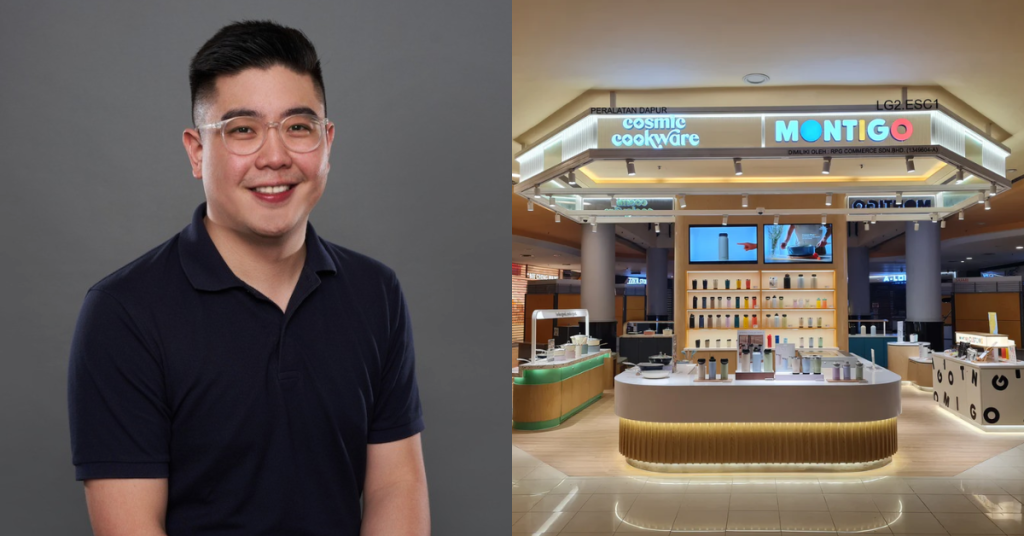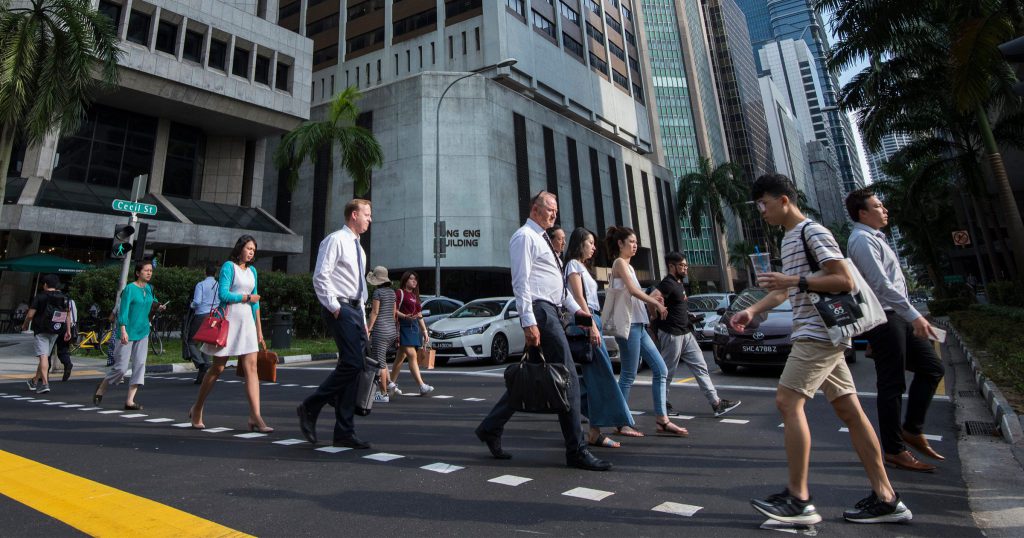Thousand Miles. Bottom Labs. Eubi. Cosmic Cookware. Montigo.
What do all of these direct-to-consumer (D2C) brands have in common? Well, they’re all brands under RPG Commerce, of course.
A homegrown company led by founder and CEO Melvin Chee, RPG Commerce has raised millions of dollars, with the last reported one being its Series B round of US$28.3 million.
RPG Commerce is essentially in the business of launching and incubating new brands inhouse. These brands would typically be given a set budget and a timeline to hit certain goals.
These days, RPG Commerce’s Montigo has become a name that anybody who’s anybody would know. Like Hydro Flasks and Stanley cups, it has become more than just a water bottle brand; rather, it’s a lifestyle brand.
So, what’s its story? What went into building not just this iconic Malaysian brand, but also all the other well-established brands in RPG’s portfolio?
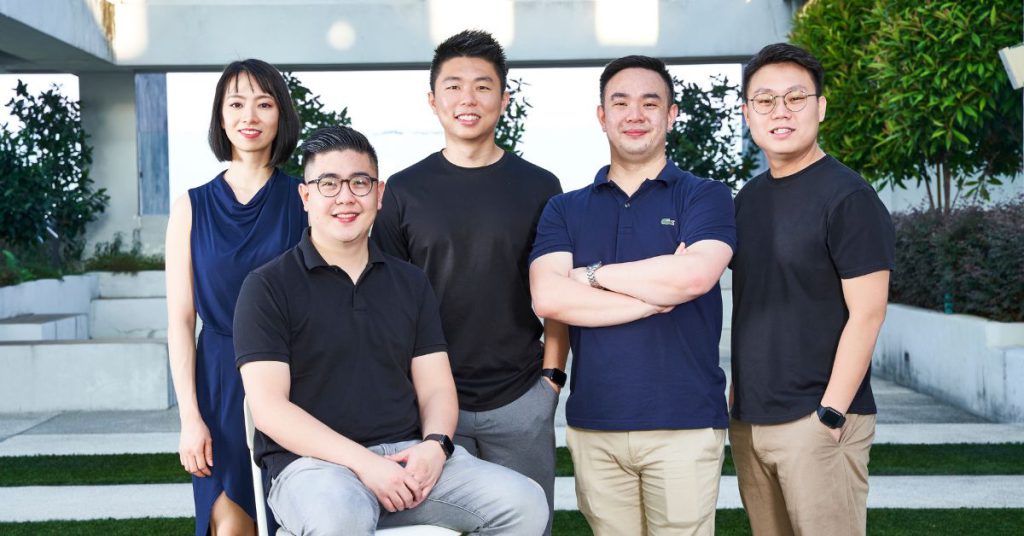
In a candid session at the BizSmart Business Conference 2024, Melvin said, “Very frankly, back then, it was just throwing a plate of spaghetti on the wall.”
Essentially, it was all about seeing what sticks.
RPG Commerce had initially focused on fashion at first, with earlier brands like Thousand Miles and Eubi. However, it’s one of the toughest industries to break into, Melvin said, due to the harsh competition.
Facing that, the team decided to enter the home and living category, which had been growing due to the pandemic. They decided to start a tumbler brand, and the rest is history.
Here’s what we can learn from said history.
Starting a brand without a product
“From inception to launch, it was probably around two weeks. We went to market without a product, because that’s how we tested the market.”
According to Melvin, the team had actually put up ads without actually having any products to sell at first. When a sale was made, they would have to reach out to customers, explain the situation, and make a refund.
“But the entire point was that we wanted to validate there was a product-market fit,” the CEO explained. By validating the product-market fit first, they were able to better know the brand’s addressable market.
But from there, how do you scale?
Be everywhere, every time
“I always go back to the philosophy of Coca Cola,” Melvin said. “One of the key things is, how do you be everywhere, every time?”
Not only has Montigo captured the online market, but also offline. Just digital marketing alone isn’t enough, it’s also about retail marketing.
Of course, opening up stores isn’t always easy, especially for a new brand. How RPG went about it was by really building the right connections and establishing a flagship in KLCC, one of the big boys, which then gave them the credibility to open elsewhere.
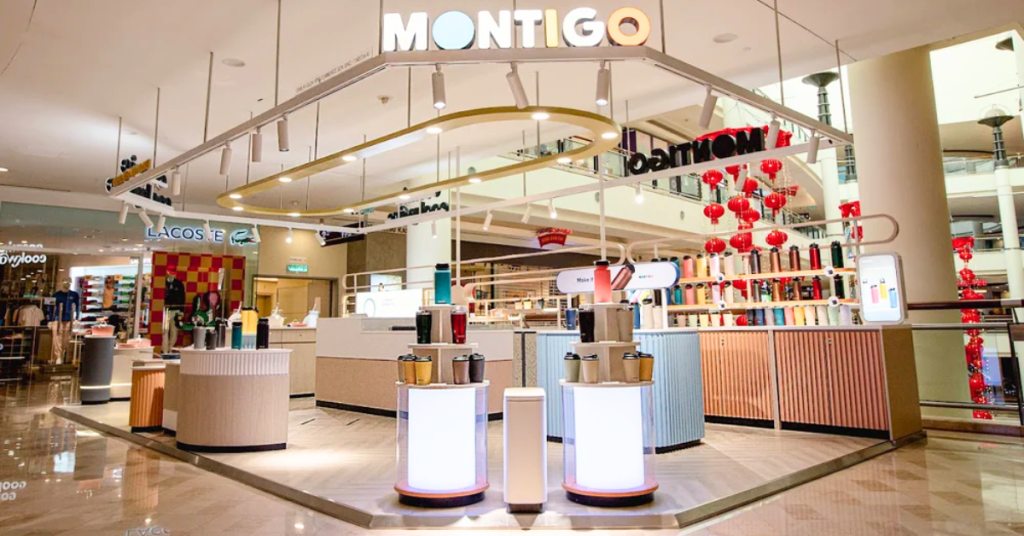
Today, Montigo has 24 of its own retail shops, with their eyes set on 35 by the end of the year. In Singapore, they have 7 outlets, which should go up to 10 this year, with a flagship location launching in October.
Make it feel like a local brand
Localisation is everything, Melvin shared. Even though Montigo is a proudly Malaysian brand, that might not be something they may leverage in other regions.
Instead, what’s key is to make your brand feel like a local one wherever you are.
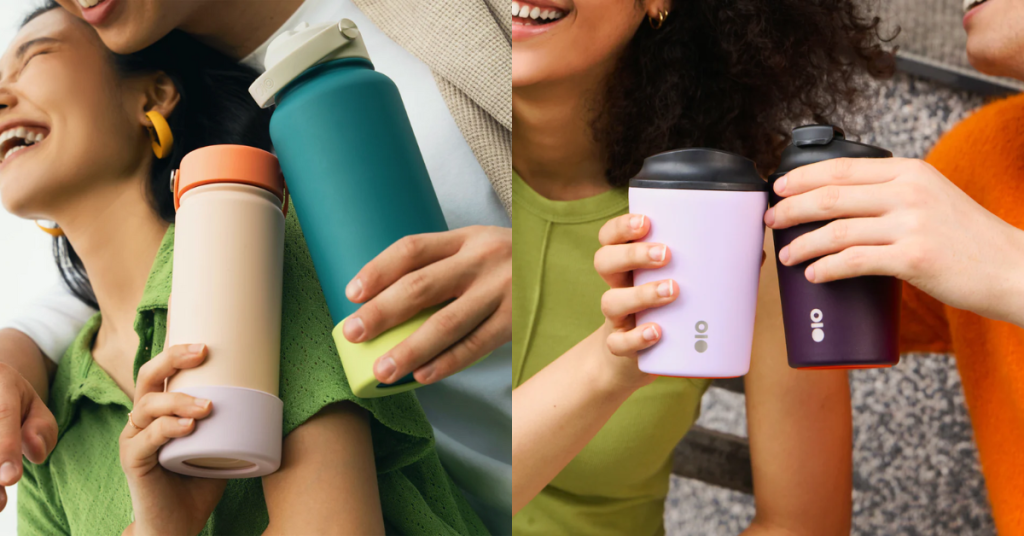
One example that Melvin gave was Milo. The chocolate malt beverage brand is not Malaysian, but it definitely feels local.
He wants the same for Montigo. This can be achieved by creating great marketing campaigns and working with influencers.
For RPG, entering a market is all about growing online aggressively first, which can eventually open up other channels.
In fact, that’s what the company is doing as it sets Montigo up for expansion into the UAE region. After a year and a half of marketing, they plan to open their first store in a good location next year, which can then be used as leverage and proof that they’re serious about the market. This will grant them more access and presence in the region.
Differentiate your channels
One thing a lot of entrepreneurs overlook, Melvin said, is that they’re fixated on making their products the best, but they’re not actually bringing that product to the right channels.
The CEO admitted that RPG might not carry the “best” products. Of course, the quality is great with good materials and designs, but many big brands also have great products.
So, it comes down to channel differentiation. Essentially, this means dominating the channels that your competitors are missing out on.
If competitors are in department stores, then you should build your own retail store, which is exactly what Montigo has done.
Meanwhile, Cosmic Cookware partnered with property developers to give away free cookware when homeowners get their keys.
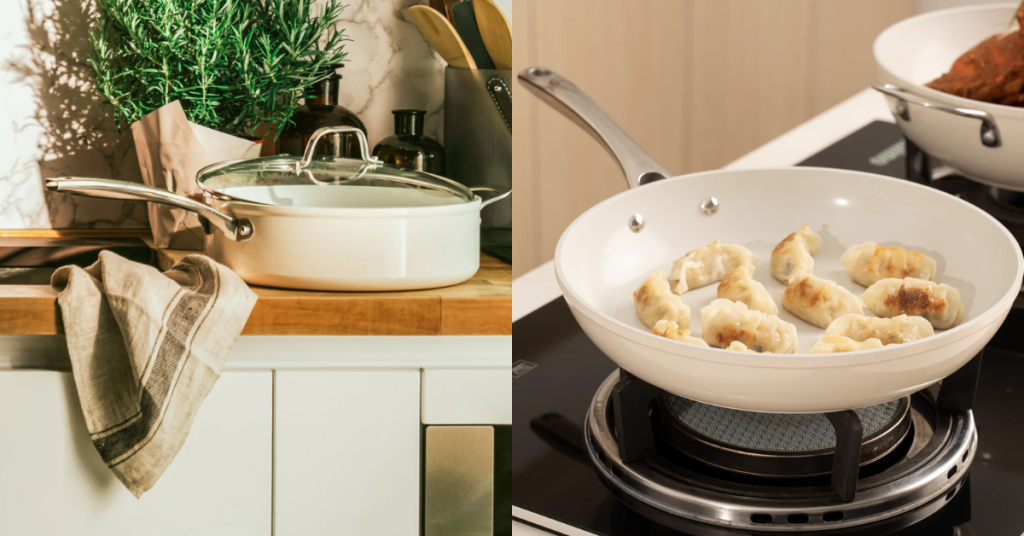
Within the channel itself, there’s also price to channel-market fit.
Does the price of your product fit that channel? If the spenders in that channel typically spend RM30 and your product is around RM90, you’re not playing in the right place.
Remember, it’s not just about being everywhere, it’s about being in the right place and being able to convert the customers.
Focus on quality control to set yourself apart
RPG sees itself more as a product marketing company rather than product manufacturing.
For companies like RPG who don’t own the production process, quality control (QC) can be crucial in setting themselves apart.
Basically, there’s no need to reinvent the wheel when it comes to the product, but the QC can help elevate the brand.
Authenticity over authority
Nowadays, shoppers of this generation (which Melvin calls the discovery generation) have shifted their way of spending from authority (which means big brands) to authenticity.
Authenticity is all about how relevant the brand is to them. Montigo, for example, offers many customisable opportunities, which is very relevant to young shoppers who always want things that are personalised and unique.
Another thing is, people care more about eco-friendliness and ESG nowadays, which is something that Montigo, as a reusable bottle brand, gets to tap into, too.
Go deep, then go wide
But building a successful D2C brand isn’t about coming up with endless ideas. Melvin believes that it starts with a very solid footing in the “core” of a business.
He pointed out that it’s not wise to just start with 50 different products (SKUs) from the beginning. Rather, start with just one, offer some variations, and sell it really well.
“Allow consumers to digest and understand what you stand for as a brand,” Melvin said.
From there, you can pace yourself as you expand. Essentially, delve deep first into a specific category, then you can go wide.
Never too big to fail
Having heard all of Melvin’s insights, it might seem like it’s not difficult to replicate his success. But how does one stay ahead of the game?
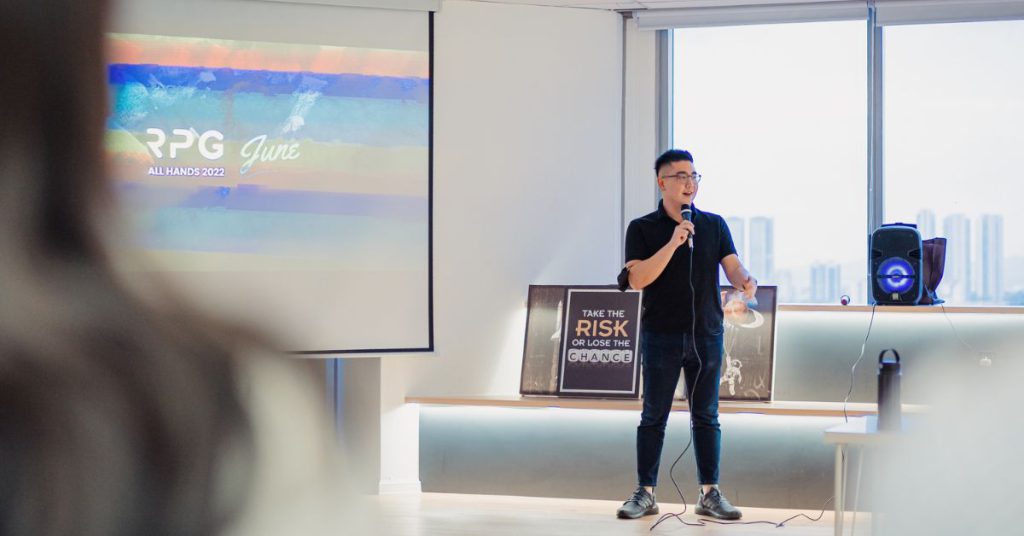
“I always tell the team, be fearful when you’ve reached the top,” the CEO said. Instead of foreseeing problems and avoiding them, it’s more about preparing for things to go sideways.
Staying ahead of the curve is also about keeping an innovative and fresh mindset. There should be a culture that allows the team to explore and do things that are “crazy” or even “stupid”.
With all these tips from Melvin, do you think you’re all set to start the next big D2C brand in Malaysia?
- Learn more about RPG Commerce here.
- Read other articles we’ve written about Malaysian startups here.
Featured Image Credit: RPG Commerce



